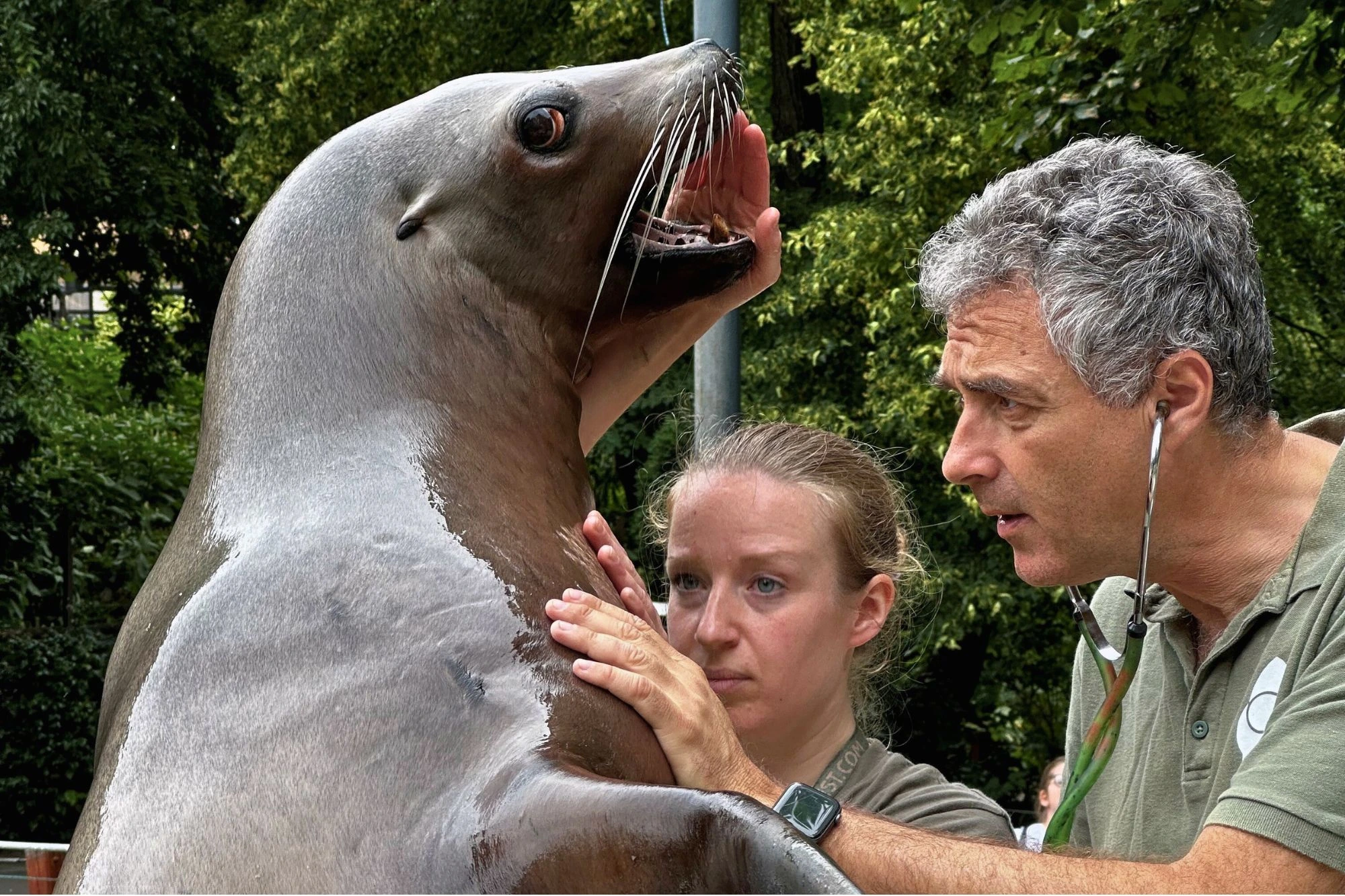Animal welfare is a far more complex and sensitive issue than it might seem at first glance. General statements are not enough to fully understand the topic—especially when viewed from the perspective of zoos and global wildlife conservation, where many additional factors come into play.

To begin with, it’s important to recognize that life in the wild is not necessarily ideal for animals. Human influence has drastically changed natural habitats, and in many cases, access to food, breeding opportunities, or shelter is no longer guaranteed. As a result, wild animals may face shorter lifespans, disrupted reproduction, or even threats to survival—whereas a well-managed captive environment can provide greater stability.
Modern zoos today serve far more than an educational or exhibition purpose. They are complex institutions where conservation, education, research, and animal welfare are all closely interconnected. International organizations such as the European Association of Zoos and Aquaria (EAZA), the Association of Zoos and Aquariums (AZA), and the World Association of Zoos and Aquariums (WAZA) coordinate breeding programs, maintain studbooks, and collect data. Increasingly, these frameworks also focus on monitoring and measuring animal welfare. This allows captive populations to be maintained responsibly and with a scientific foundation.
The concept of “animal welfare” was long guided by subjective opinions, but it’s now widely accepted that a scientific approach is essential. Welfare is an individual matter—not only does it vary between species, but it also changes with age. Therefore, relying solely on human impressions is not sufficient. Reliable assessments require appropriate methods. One example is the Five Freedoms principle, which evaluates conditions based on access to food and water, physical surroundings, health, opportunities for natural behaviors, and mental well-being. Elephants illustrate this well: these large but sensitive animals require attention to every detail—from nutrition and body condition scoring to dental care.
At the Budapest Zoo & Botanical Garden, we care for nearly 7,000 individuals from around 700 species, in addition to receiving over 2,500 rescued native protected animals each year. With such numbers, it is essential that veterinary care is not only high quality on a population level but also tailored to individual animals. Veterinarians are responsible not only for treating illness but also for prevention, diagnostics, and advising on how to improve living conditions. This work relies heavily on teamwork, where veterinarians collaborate closely with keepers in their daily tasks. Physical exams, blood draws, and weighing can often only be performed without stress if the animals are well-trained. This is where keepers play a key role, offering precise guidance and attentive support—even when working with the largest species. Medical training helps improve treatment outcomes and significantly reduces the stress associated with medical procedures.
Veterinary care for exotic and wild animals requires not only clinical knowledge but also a deep understanding of animal behavior, nutrition, and husbandry. Whether working with amphibians, reptiles, birds, or mammals, veterinarians must be familiar with the biology and behavioral characteristics of the animals they treat. They must make responsible decisions regarding species conservation, treatment options, and, in some cases, determine whether or not a rescued animal can be released back into the wild.
The veterinarian’s role does not end at the zoo gates. As participants in international conservation programs and national wildlife rescue efforts, the zoo’s professionals also share up-to-date scientific perspectives with the public—countering outdated animal care practices. Their research supports imaging diagnostics in reptiles, provides guidance for emergency care of birds of prey, and contributes to the practical methods used in capturing wild animals. These examples highlight the diverse and specialized nature of the field, where expertise, continuous improvement, and teamwork all play an essential role in success.
Dr. Endre Sós, PhD, DipECZM, is the Director General of the Budapest Zoo & Botanical Garden, Associate Professor at the Department of Exotic Animal, Wildlife, Fish and Bee Medicine of the University of Veterinary Medicine, and a lecturer in the university’s Exotic Animal Medicine specialization. His area of expertise includes recognizing animal abuse and welfare issues in captive wild animals, including those in circuses and zoos.